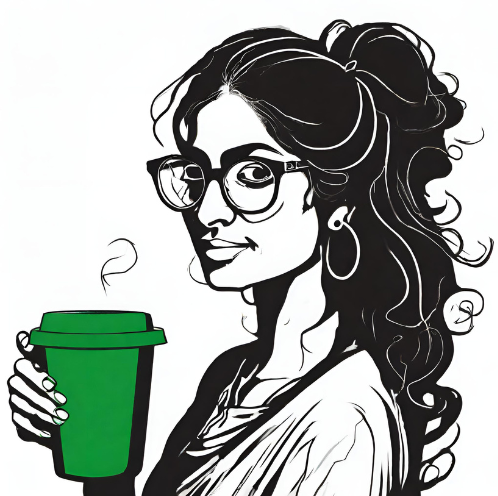Apple, M. W. 2008. Can schooling contribute to a more just society? Education, Citizenship and Social Justice, 3:239. DOI: 10.1177/1746197908095134
The paper is written using Apple and Bean’s book ‘Democratic Schools’ as its base. The focus is on revisiting the debates of creating democratic school spaces as essential in “pursuit of social justice”. Through a personal reflective account of the lectures presented in Cuba, Apple refers to two major trends in contemporary educational practices the world over: neo-liberal educational reforms that indicate marketization and for profit schooling; and neo-conservative policies indicated through national policies, national curricula and testing.
Apple makes a case for understanding schools in a political context. Knowledge to not just been seen in terms of what the student has learnt, but whose knowledge is given primacy, and legitimacy; how does this relate to the economic and cultural capital. By addressing these questions through personal narrative, the author has attempted to bring the political closer home, so that it is not dismissed as something distant. He describes how experience taught him that curriculum makers often sat in a world disconnected with that of children in a classroom. As a teacher, he accepts his own limitations in helping students facing difficulties at home to do well in school. The incident he describes indicates the resultant ‘failure’ of one of his students.
He makes a case for understanding the hidden meaning and effects of well-intentioned policy changes. The “act of repositioning” refers to relooking at a policy from the standpoint of those with the least power. Examples of voucher approach, national curricula etc are repeatedly used to highlight how policies have led to furthering social inequalities and social stratification. “While much of this is due to the ways in which race, gender, class and ‘ability’ act as structural realities in this society and to how we fund (and do not fund) schools, some of it is related to the hesitancy of policy makers to take seriously enough the complicated ways in which education is itself a political act.”
“Reform” is seen as a “sliding signifier” as is “democracy”. Democracy in neo-liberal times is attempted to be defined as consumer choice, with the hope that market forces will themselves take care of everything else. He refers to the works of Mary Lee Smith, highlighting that democratic language is often used to recommend reforms that is at cross purposes with the way these are put into function in schools. Policy is seen as a form of “symbolic politics” in that it contributes to accruing benefits to those who are in an economic or cultural advantage already.
Referring to the increasing Right wing fundamentalism, he speaks of conservative modernism as a movement that has been able to capture the interest and support of the civil society. By reformulating the existing understanding of existing concepts that resonate with the masses, the powerful are able to garner support for their own agendas.
The need to document the way practitioners negotiate with the ‘reformed’ educational system on an every basis has been highlighted for building a critical discourse. The story of the development of the book ‘Democratic Schools’ serves one such example. Schools need to be seen as places for action and transformation. However, there is a need to be cautious about the dangers of developing arrogance about knowing the ‘only right way’ and the inherent risk in challenging those in positions of power. Apple documents his own experiments with teaching History in a rural school and the opposition faced in modifying the pedagogy and the curriculum.
The paper ends by spelling out the tasks that educators must take up to work towards social justice.
